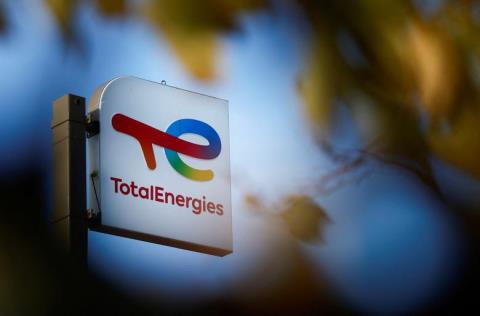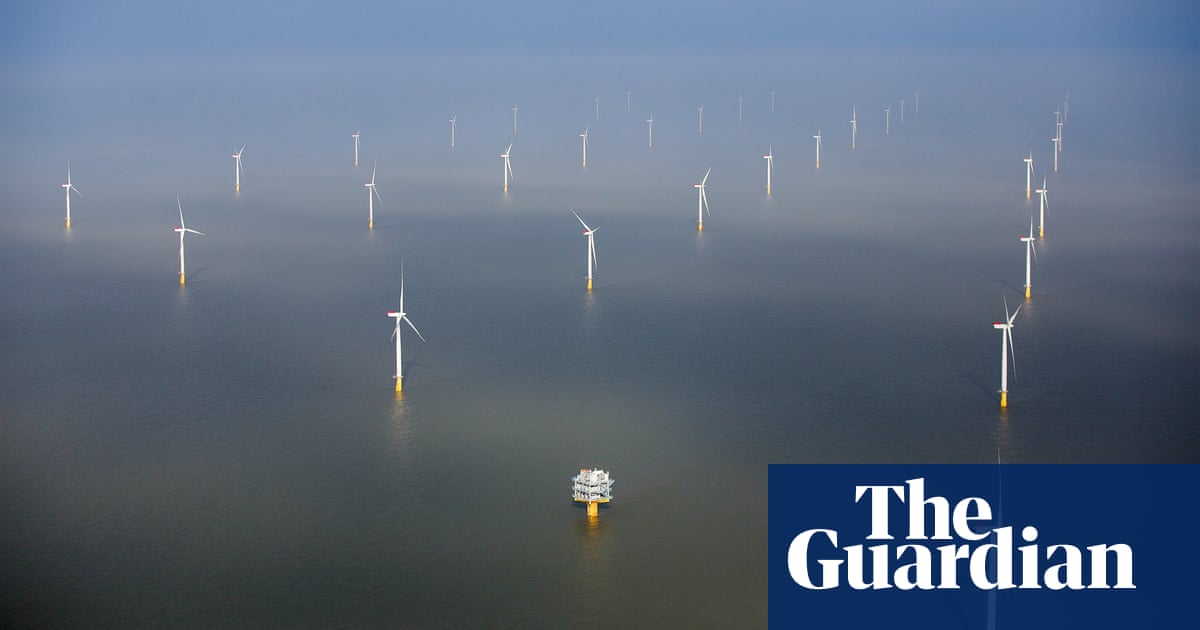
The Lebanese government approved on Thursday the first bids for offshore oil and gas exploration.
A government source told Reuters that the cabinet approved a bid a consortium of France’s Total, Italy’s ENI and Russia’s Novatek, in the country’s much-delayed first oil and gas offshore licensing round.
Melhem Riachi told reporters after a government meeting on Thursday that all ministers at the session approved the move and said "this is a great wealth for Lebanon."
Exploratory drilling is expected to start at the beginning of 2019, Energy and Water Minister Cesar Abi Khalil said in a statement.
“Congratulations to the Lebanese people on the passing of the oil decree and on Lebanon entering the club of oil countries,” Abi Khalil said on Twitter in response to the decision.
Lebanon is on the Levant Basin in the eastern Mediterranean where a number of big sub-sea gas fields have been discovered since 2009, including the Leviathan and Tamar fields located in Israeli waters near the disputed marine border with Lebanon.
Data suggests there are reserves in Lebanon’s waters, but so far no exploratory drilling has taken place to estimate reserves.
The first licensing round for exploration and production rights in five blocks (1, 4, 8, 9 and 10) was re-launched in January after a three-year delay caused by political paralysis.
After being without a president for more than two years, Lebanon in January installed a new government and reactivated the licensing round.
Total-ENI-Novatek was the only consortium to submit an offer out of the 51 companies which qualified to bid, bidding for blocks 4 and 9.
Block 9 borders Israeli waters. Lebanon considers Israel an enemy state and has an unresolved maritime border dispute with it over a triangular area of sea of around 860 sq km (330 square miles) that extends along the edge of three of the five blocks put up for tender.
The exploration phase will last up to five years with a possible one-year extension, the Lebanese Petroleum Administration, the state body that manages the offshore sector, said.
The government gave no other details of the agreement with the three energy companies.
But under a model exploration and production agreement published by the Lebanese government in January, companies that make a discovery must produce oil and gas for 25 years with a possible further five-year extension.
Companies must pay royalties to the state equal to 4 percent of gas produced and a varying percentage (between 5 and 12 percent) of any oil produced. A percentage of the oil and gas is allocated to the companies to cover their costs.
Diana Kaissy, executive director of the Lebanon Oil and Gas Initiative (LOGI), a non-governmental organization promoting transparency and policy development in the hydrocarbon sector, said the contracts will likely be signed in January.
Kaissy said there was a legislative framework for drilling to begin, but four other draft laws for the sector were still being discussed: sovereign wealth fund legislation, an onshore petroleum law, legislation for a national oil company and a petroleum assets law.
LOGI wants to make Lebanon’s nascent hydrocarbon industry as transparent as possible and says it will be using freedom of information laws to make the government’s evaluation of the consortium’s bid available for public scrutiny.











